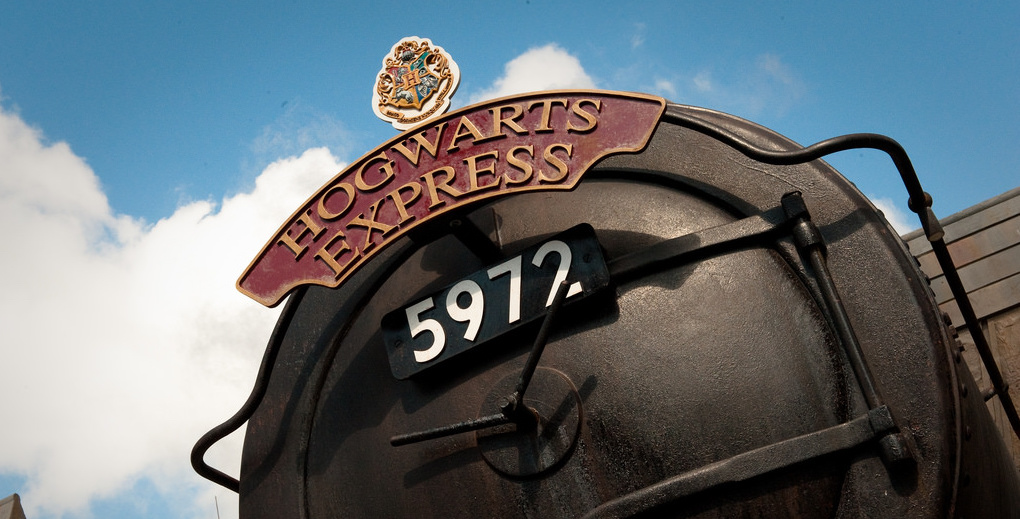We’re pleased to publish this guest feature by Bart Gingerich.
Why do progressives like Harry Potter? Ever since the election of Donald Trump, the left has been regularly referencing to JK Rowling’s popular books in order to rally the opposition to the new president. When you read the books closely, however, it’s a strange move. The contradictions of Millennials’ self-perception and insertion of themselves in the Harry Potter narrative can be quite drastic:
Login to read more
Sign in or create a free account to access Subscriber-only content.
